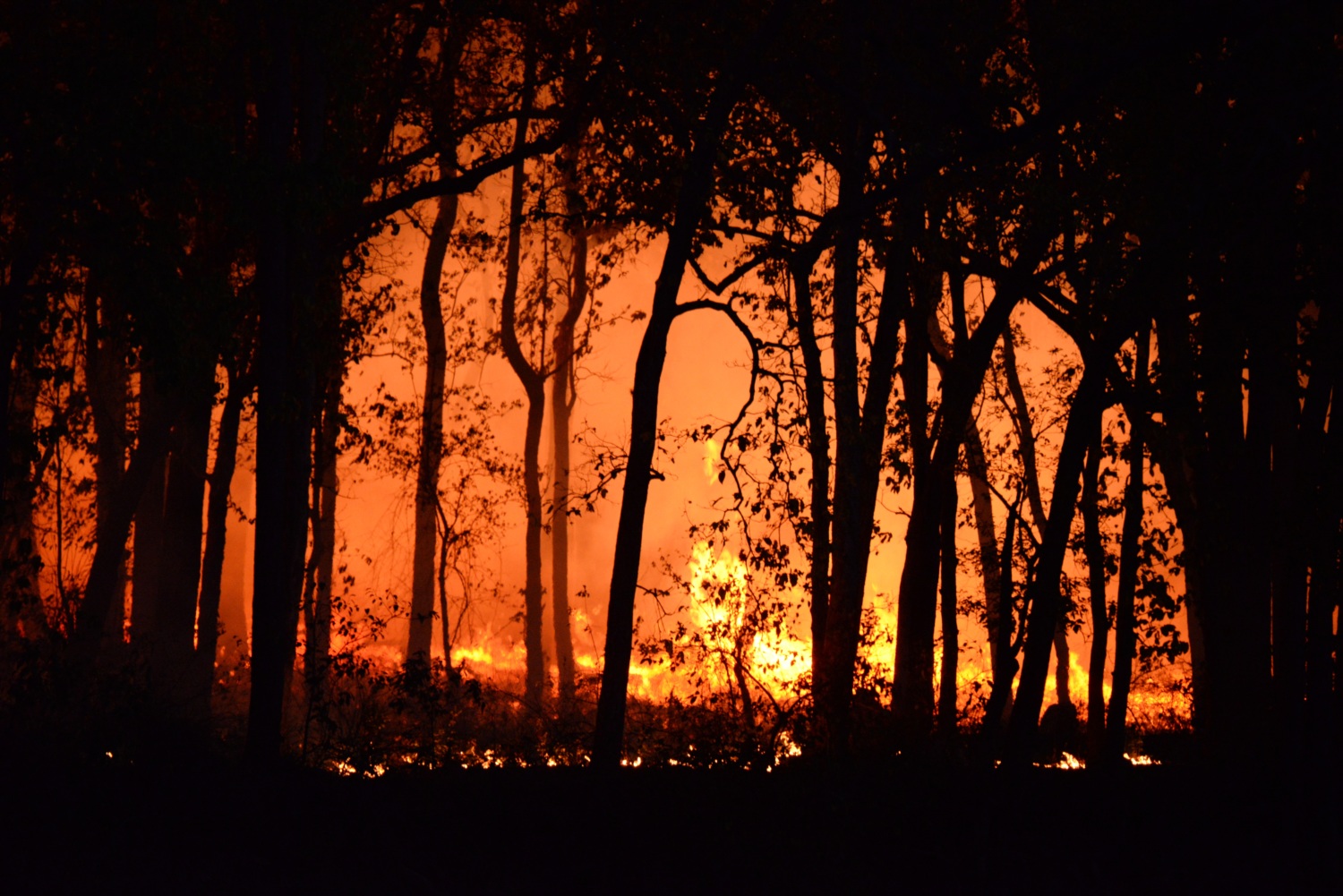
In the News
The Health Impacts of Wildfire Smoke & How Communities Can Be Prepared
-
Focus Areas
Environmental Health -
Issues
Climate Change, Wildfires & Extreme Heat -
Expertise
Technical Assistance

“The effects of wildfire smoke can cause burning eyes, a runny nose, scratchy throat, headaches and can worsen chronic heart and lung disease.
Martha Guzman Regional Administrator for the U.S. EPA in the Pacific South West calls wildfire smoke “a public health crisis.”
“We can help reduce exposure by giving public information that is accessible, actionable,” she said.
Guzman suggests people download the Air Now app, which can help identify trends if the air is getting better or worse as well as advice to stay safe.
“This map makes it easier to find localized real-time air quality data,” she said.
Guzman made the comments at a recent wildfire fire readiness and response briefing with Senator Alex Padilla. The EPA is doing research on those who have to work in poor air quality areas.
“Especially farm workers and construction workers they don’t necessarily have the ability and disposable income to buy expensive air filtration equipment,” She explained. “So, we need accessible and ready tools to improve their air quality.”
She pointed to the Oakland Public Health Institute, which is looking to design and field test some affordable and effective filtration systems for rooftop evaporative coolers.”
Click on the link below to listen to the podcast interview.
Originally published by KCBS-Radio
Work With Us
You change the world. We do the rest. Explore fiscal sponsorship at PHI.
Support Us
Together, we can accelerate our response to public health’s most critical issues.
Find Employment
Begin your career at the Public Health Institute.


